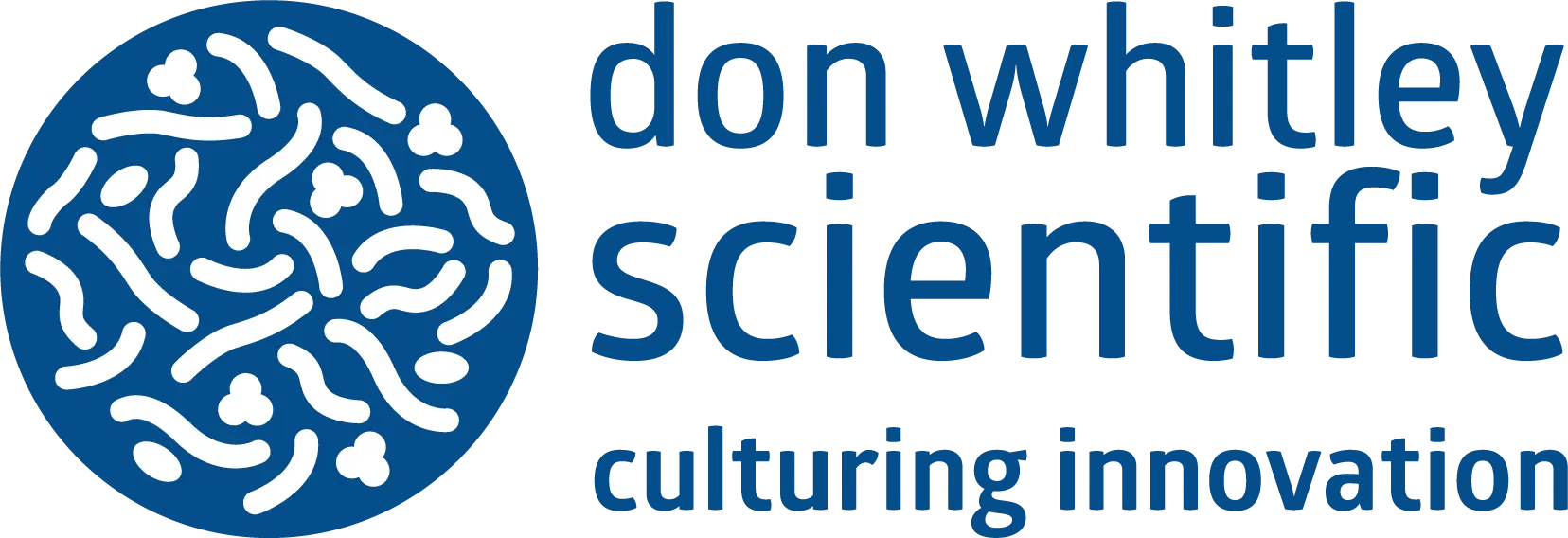
To acknowledge World Cancer Day 2024 we wanted to shine a spotlight on the Proton Beam Therapy Centre research room at The Christie NHS Foundation Trust, Manchester. We worked with the team at The Christie back in 2021 to install a bespoke Whitley H135 HEPA Workstation with multi-axis industrial robotic arm.
The Proton Beam Therapy Centre at The Christie, Manchester, is the first NHS high energy proton beam therapy centre in the UK. Within the facility there is a dedicated research room, which was funded by The Christie Charity, where this new Whitley Workstation is operated. The workstation with its integrated robotic arm was funded by CRUK Manchester Major Centre funding.
"We approached Don Whitley Scientific (DWS) with a vision to create a unique, world-leading proton radiobiology end station for our research beam line. The DWS team embraced that vision and worked with the us to design, manufacture and support what is now a truly unique device that enables high-throughput proton radiobiology experiments to be conducted under hypoxic conditions. Don Whitley Scientific are a pleasure to work with; they take the time to listen and understand the end users requirements, offer solutions to problems that arise and go above and beyond to ensure customer satisfaction. We look forward to continuing our relationship with Don Whitley Scientific as we embark on an upgrade to the end station to enable onboard imaging."
Dr Michael Taylor, Senior Lecturer in Proton Therapy Physics at The University of Manchester
Proton Beam Therapy (PBT) is an advanced form of radiotherapy using a high energy beam of protons, rather than x-rays, to deliver radiotherapy. PBT directs the radiation treatment to precisely where it is needed with less damage to surrounding tissue.
This special workstation, which was adapted from a Whitley H135 HEPA Workstation, controls:
- oxygen in 0.1% increments up to 20%;
- carbon dioxide in 0.1% increments up to 15%;
- temperature up to 45°C;
- relative humidity up to 80%.
Researchers can set up the ideal conditions for their experiments, essential for research into the response of hypoxic cells to proton or proton-flash irradiation. Within the workstation, there is a racking system, which users pre-load with up to 36 samples contained in multi-well plates and/or tissue culture flasks. The workstation incorporates a precision, multi-axis industrial robot so that samples can be taken from the racking system, subjected to the beam, and then returned to the rack. This arrangement automates the testing process so that the largest possible number of experiments can be performed, under repeatable conditions and in the shortest possible time, without human intervention.
We are excited to learn more about the work that is being conducted, so stay tuned for an update from Dr Michael Taylor soon.


 au
au

 English
English